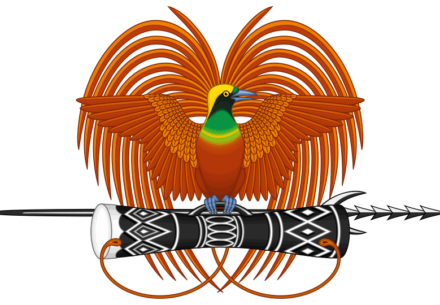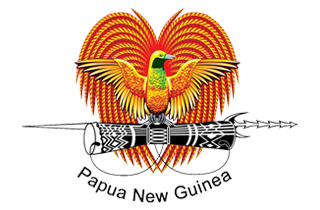Finance
- Climate of PNG
- Constitutional Framework
- Cultural Events
- Cultural Institution
- Cultural Life
- Daily Life and Social Customs
- Decolonization
- Demographic-Trends
- Finance
- Education
- Economy
- Drainage-Soil
- History
- Health-Welfare
- Housing
- Justice
- Land
- Labour-Taxation
- Local-Government
- Media-Publication
- Manufacturing
- National Anthem and Pledge
- National Politics in the 1990s
- PNG History
- People – Ethnic Groups
- Plant and Animal
- PNG Public Holidays
- Political Process
- Postcolonial Politics
- Regional Relations
- Relief
- Religion
- Services
- Settlement Patterns
- Sports and Recreation
- Trade
- Transportation &telecommunications
The kina, introduced several months before Papua New Guinea gained independence, is the country’s currency. The central bank is the Bank of Papua New Guinea. The value of the kina increased greatly following independence, but the secession crisis in Bougainville in 1989 and poor fiscal control resulted in major devaluation through the 1990s. Over the next decade, responsible financial management was restored and the central bank strengthened. Papua New Guinea has had a small stock exchange since the late 1990s, but many of the companies traded—chiefly mining, oil, and financial concerns—are foreign-based.

Postal Address:
Department of Foreign Affairs
P.O Box 422, Waigani.
National Capital District (NCD)
Papua New Guinea (PNG)
- Central Government Office, Kumul Avenue, Waigani, N.C.D
- inquiries@dfa.gov.pg
- +675 301 4100
External Links
- Goverment Departments and Agencies
- Department of Prime Minister and National Executive Council
- Department of Planning & Monitoring
- Department of Treasury
- Department of Finance
- Department of Personnel Management
- Department of Justice & Attorney General
- National Parliament of Papua New Guinea
- Immigration and Citizenship Services Authority
- Papua New Guinea Tourism Authority
- Investment Promotion Authority
- Kumul Consolidated Holdings
Subscribe to Our Newsletter to get Important News, Amazing alerts & Inside Scoops:




